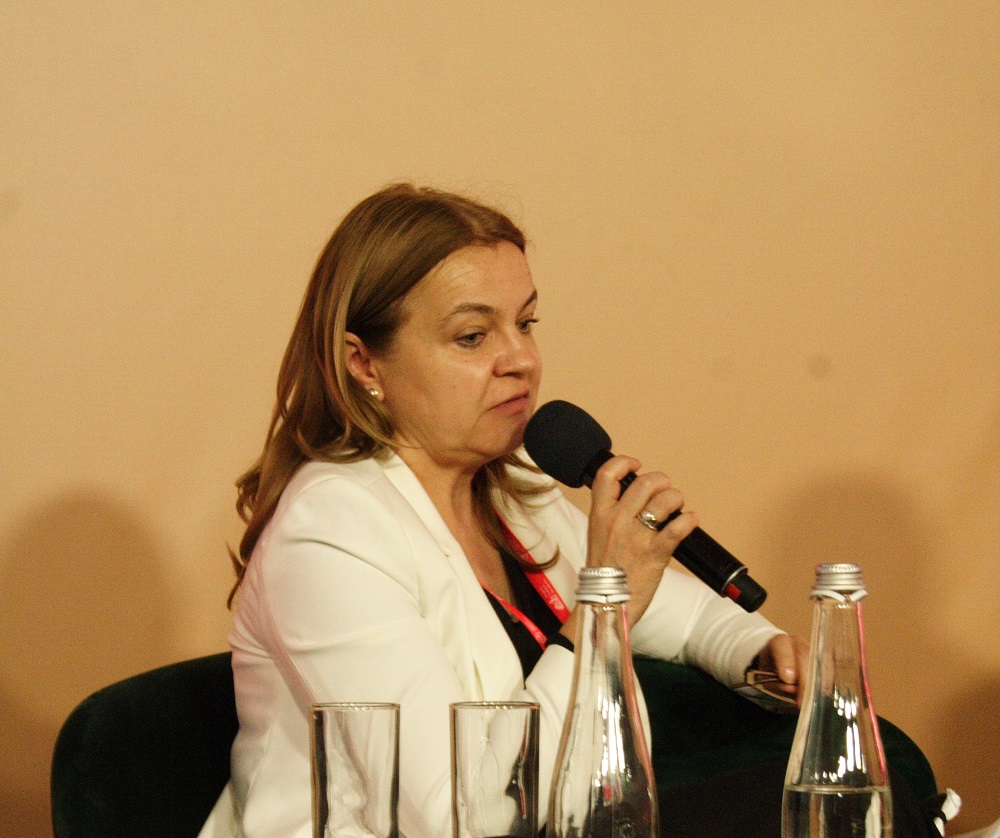
What are the legal possibilities of obtaining compensation from Germany for the damage caused during World War II?
Mec. Beata Komarnicka-Nowak: First of all, we need to find allies who will talk about our report in Europe and in the world. This is happening. We must try to find one more legal opinion, an external one. Not German, not Polish, but, for example, a British or American treaty law expert who will confirm the legal opinion of prof. Sandorski that the declaration of the Bierut government is invalid and was signed under political and economic coercion. Then the main thesis of the German report, the German legal opinion, will collapse. In my opinion, this will open the way for further discussion on this topic. Then it will be easier for both diplomats to settle the matter.
As for this German legal opinion, don’t you get the impression that it was written for a specific thesis?
Yes. Exactly. The point is that German lawyers write that the case is closed, even if not by Bierut’s statement, then by the issue of limitation, not taking into account that acts of international law that are considered absolutely invalid do not apply the term statute of limitations and these issues do not expire.
What are the legal options in Germany? This what Prof. Bogdan Musiał said is a good way, to go to German courts, but should we concentrate on something else?
I am not a specialist in this field. So far, all claims of Polish citizens in German courts have been dismissed. I think it is worth fighting for all the reparations that could be arranged by both governments in the international arena. On the other hand, the question of whether citizens will go to Polish or German courts is, of course, very risky and difficult, because documents after World War II in many families are fragmentary. If we are to find a verdict of a German court, let’s agree that it is quite illusory, at least in my opinion. Gathering the evidence that would be necessary for such a trial could be really difficult.
The fact that the Germans do not want to pay these reparations is a political issue, not a legal one, because from the point of view of law everything is really obvious. At this point, do we legally have a chance to solve this problem at all?
First, it was a good move that we already have a solidly prepared report. It should be extended to include the external legal expertise I was talking about. So first you need to determine the facts, legal status and then debate on the solution. Of course, at the end we have a political issue here, but if we are well prepared from the legal point of view, I think that someday this breakthrough will happen.
Interview by Anna Wiejak
